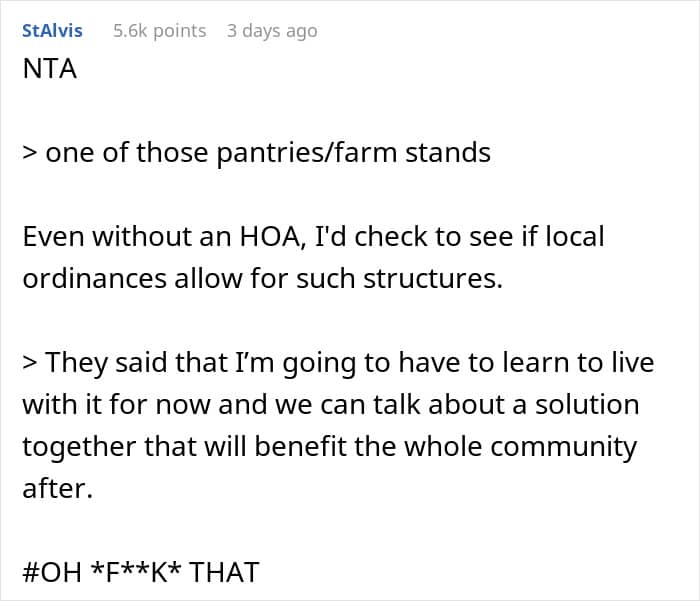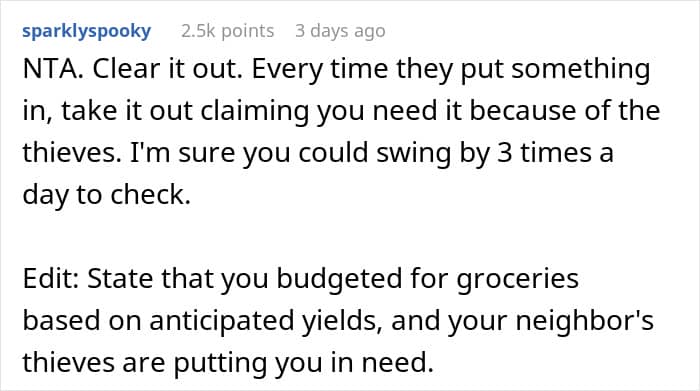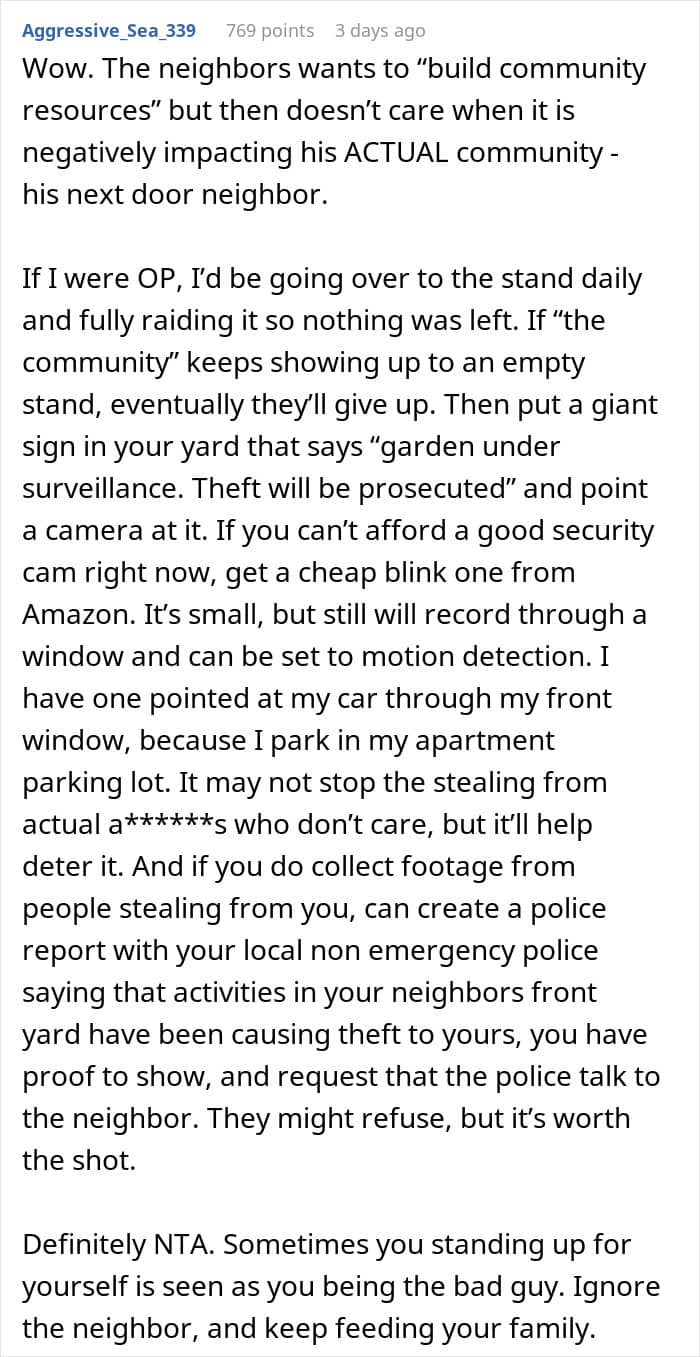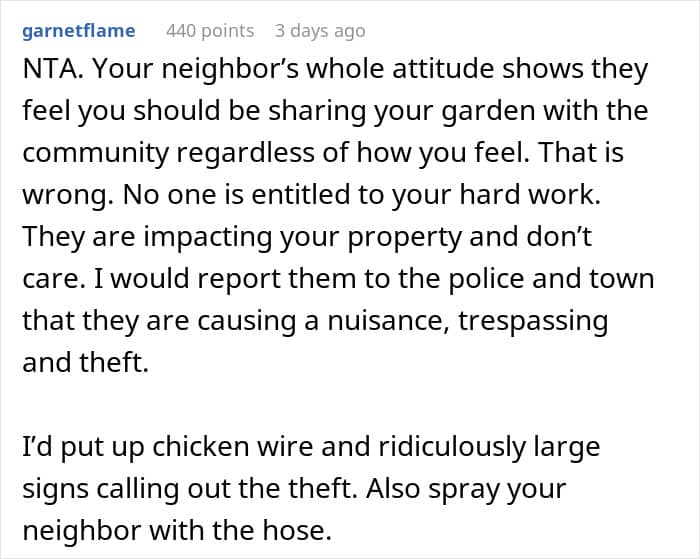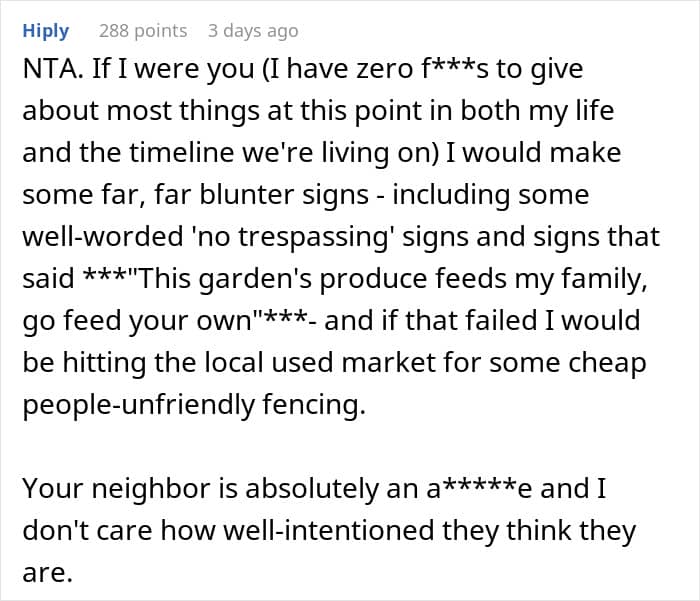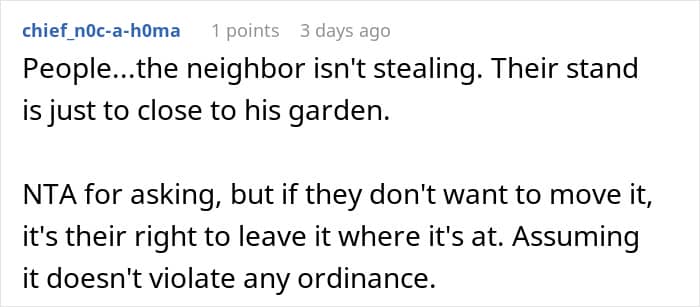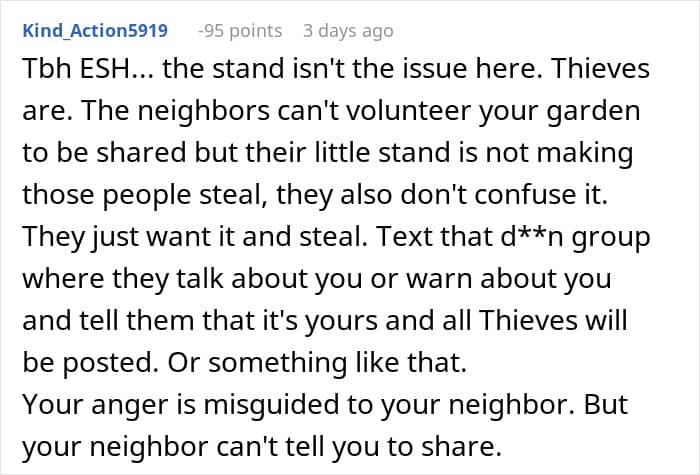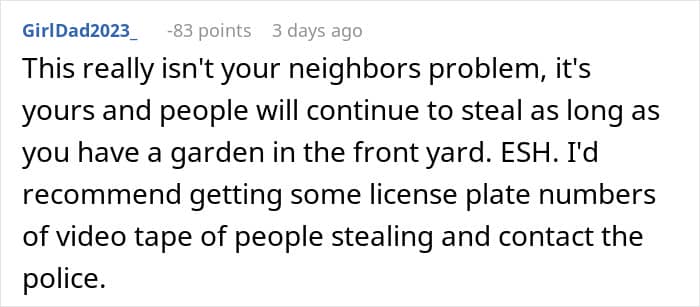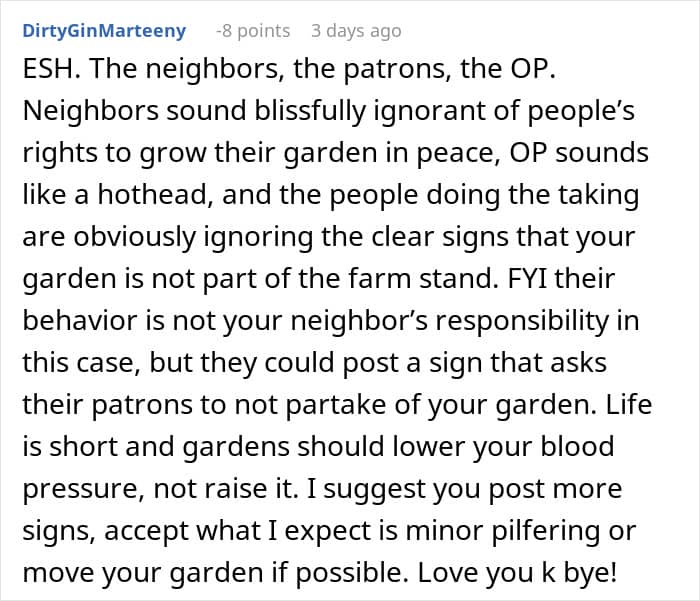Hundreds of millions of people go to bed hungry. But some of those more fortunate are doing their bit to help. Whether it’s volunteering at a soup kitchen, handing out food, or donating money to charities, there are many ways to make a difference in the lives of those who need it.
One kind person decided to set up a free farm stand in front of their house, but instead of bringing love and peace to the community, it’s creating chaos. People benefiting from the stand have also been helping themselves to vegetables from a nearby property, and the homeowner says he’s at the end of his rope. The whole situation has opened up a debate about whether stealing food is actually a crime -or an act of desperation.
RELATED:At first, this guy thought his neighbor’s free farm stand to feed the needy was a brilliant idea

But when people started raiding his own vegetable garden, everything changed
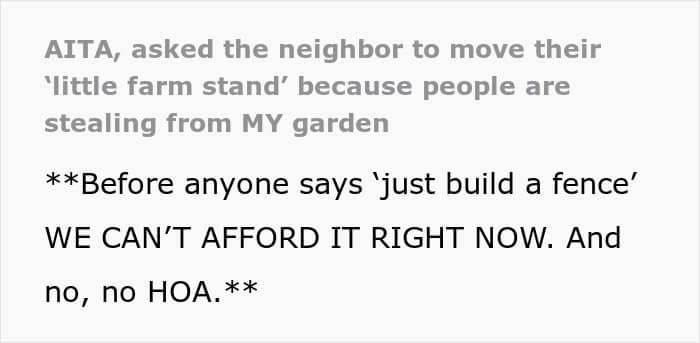
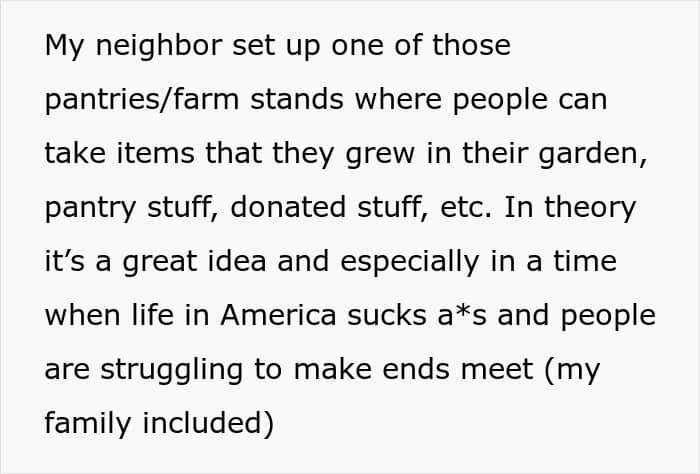
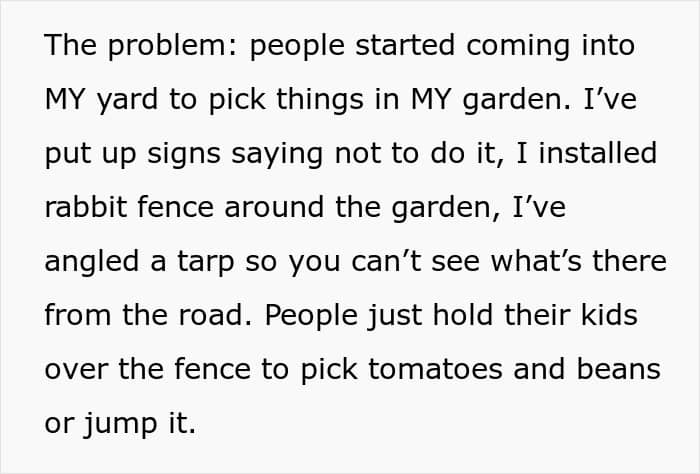
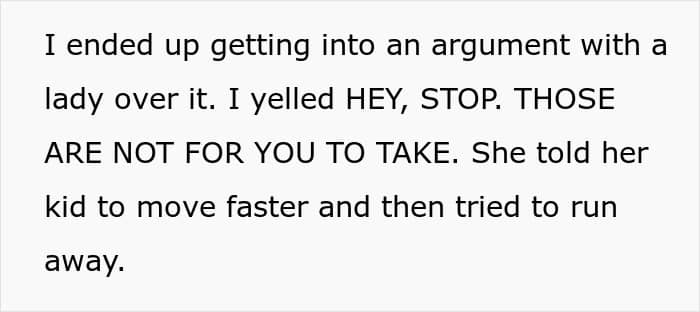
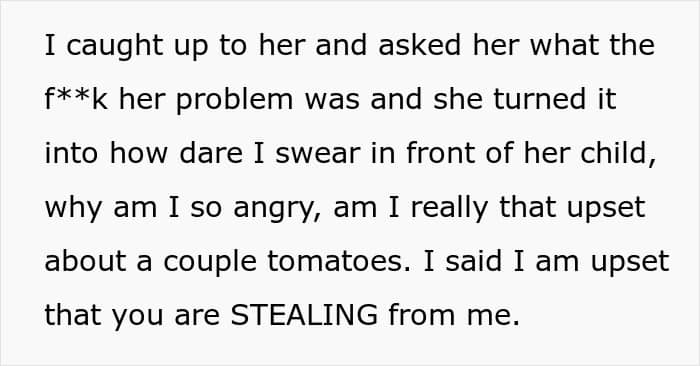
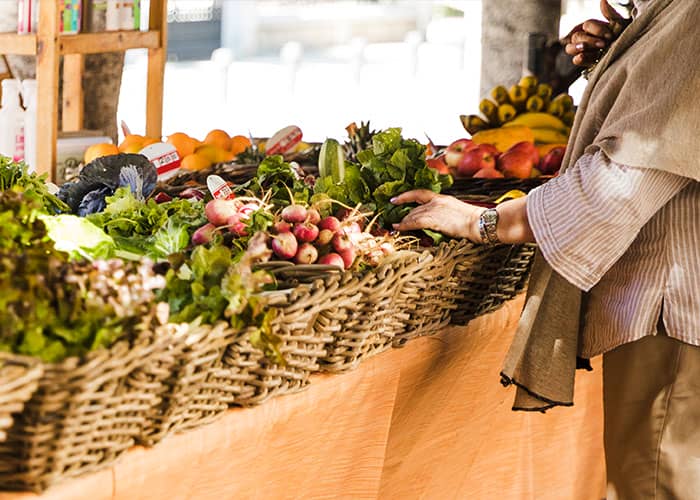
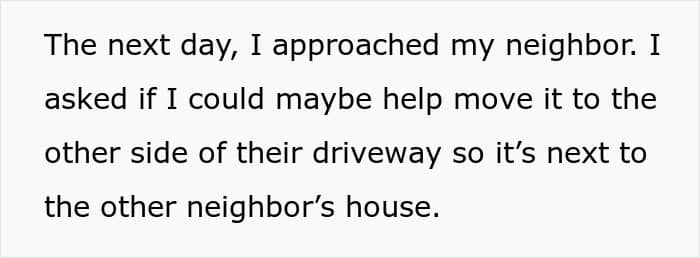
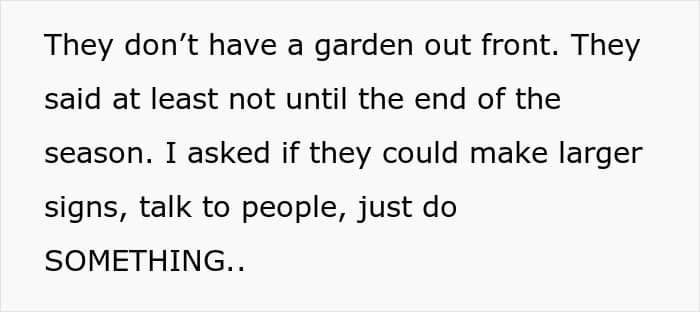
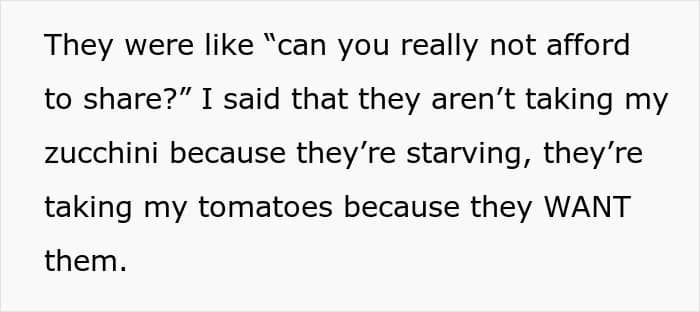

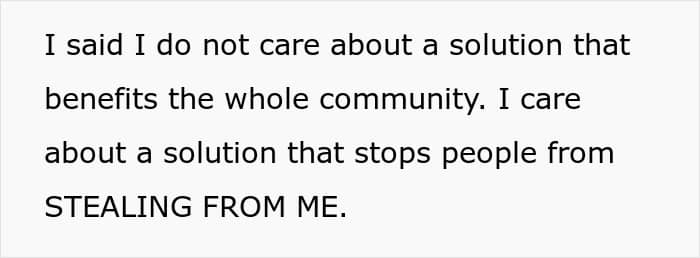
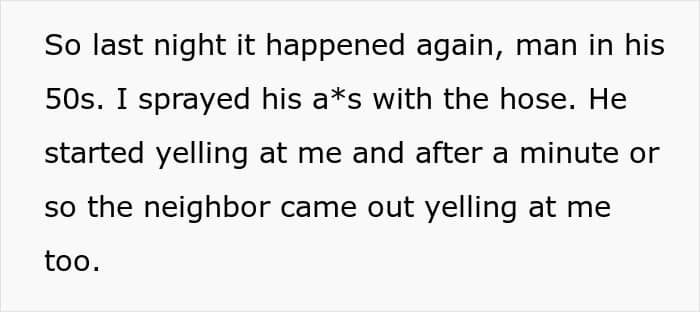
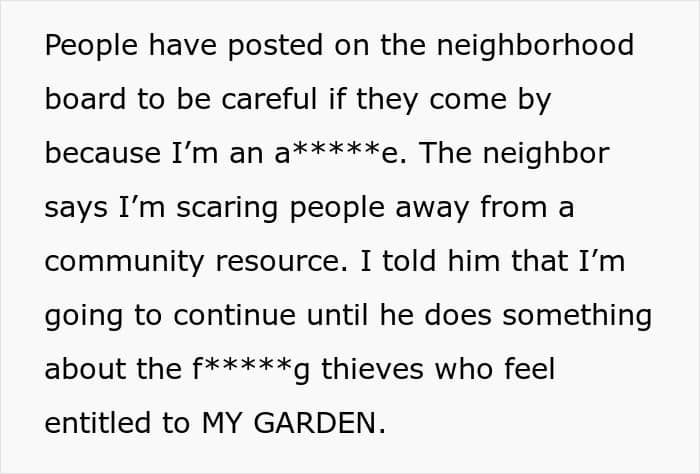

The man thanks people for responding to his plight and said he’s decided what to do
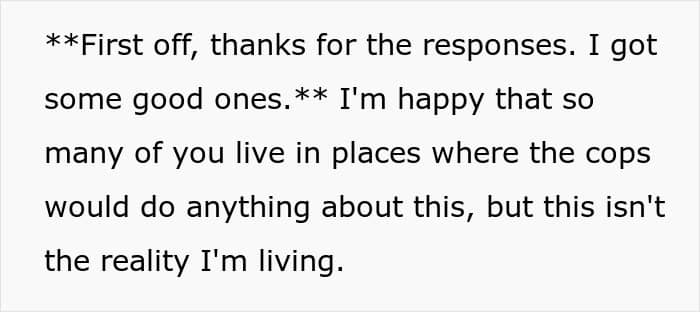
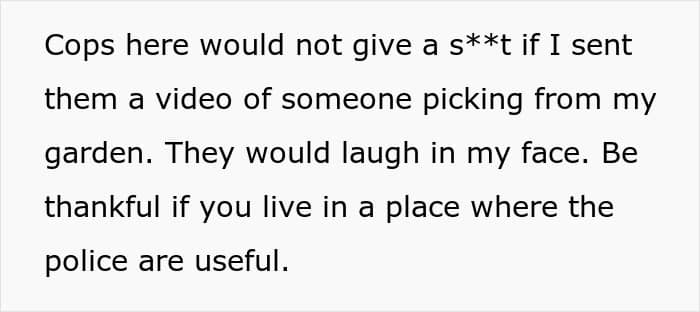


The irate neighbor later provided some more information

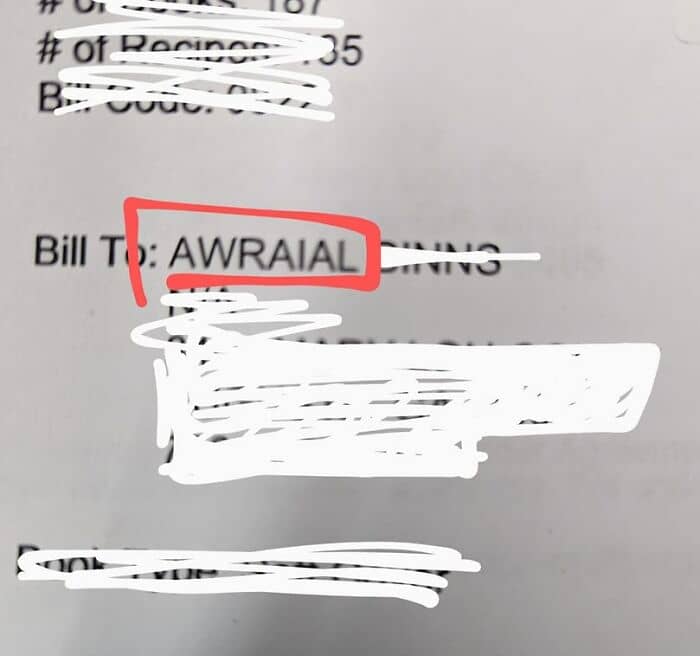
How to set up a farm stand: advice from someone who has done it
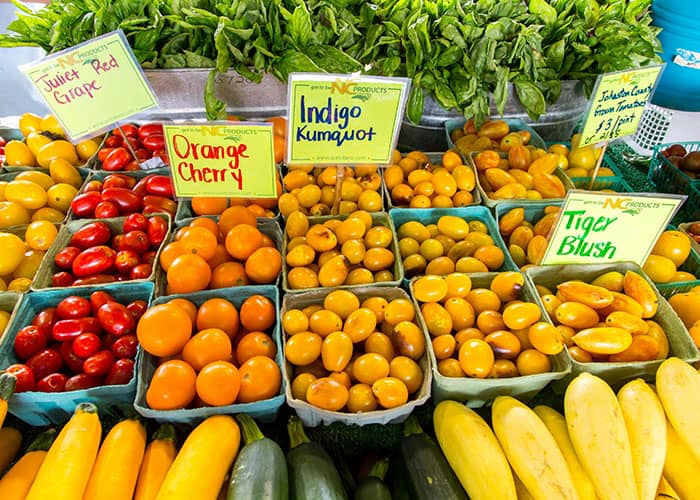
Street verges are the most marginal spaces in urban areas, often unplanted, uncared for and sprayed repeatedly by councils, says Koren Helbig. “We’ve reclaimed ours, planted it out, made it a space for community sharing – and perhaps gently encouraged others to think more creatively about the space between their front gate and the road.”
The Australian runs a farm stand called The Local Yum, which she launched in 2020. Helbig grows her own vegetables, makes chutneys and jams, propagates seedlings and sells these alongside other items.
She reveals that when she began her venture, she left the stand on the footpath in front of her house and asked people to pay by putting money in a box or doing a bank transfer. So far, so good, she says.
But there are a few tips to consider if you’re wanting to try your hand at making and running a farm stand, whether you plan to offer your good for free, or make some money.
“First things first, you need something to put your produce and products on,” says Helbig. “Here’s the bit where I urge you to reuse, recycle, repurpose — there’s no need to buy new.” She says herroadside stall is made from “battered old shelves rescued from a neighbour’s shed-clean-out rubbish pile.”
You could also find suitable items in secondhand stores, online marketplaces, through friends or family, or dumped on the side of the road.
Helbig cautions that the location of your stand is very important. “Most things you’ll want to sell won’t do well if left to sit in the hot sun for hours on end,” she explains. “So the ideal location for your roadside stall is under a big shady tree, or possibly against an east- or south-facing wall, which will block much of the hottest afternoon sun.”
If a lot of sun is the only option for you, she suggests using an old fridge. “You’ll never turn it on, but the insulation could help protect things,” explains the stall owner. “Doors that close could help during rainstorms, too.”
She advises that you choose a spot that gets a lot of foot traffic, adding that she lives right near a dog park and has dozens of people passing her house each day.
Of course, it’s also advisable to check what your local laws say about setting up stalls so that you aren’t slapped with a fine. Another important step is to come up with a simple name for your stand, and create a sign. It should catch the eyes of passers-by.
The expert adds that there’s no rule when it comes to money. You don’t have to charge for your stuff if you don’t want to, she writes. You can charge for some things and not for others. Or you can barter.
Helbig says she chose to be part of the monetary economy for a reason. “I wanted to gently spark conversations about the work that goes into growing clean, organic, local food, and therefore its value. I wanted to encourage people to think about sources of food beyond giant multinational supermarkets.”
Some felt sorry for the neighbor, others didn’t. Many provided advice
